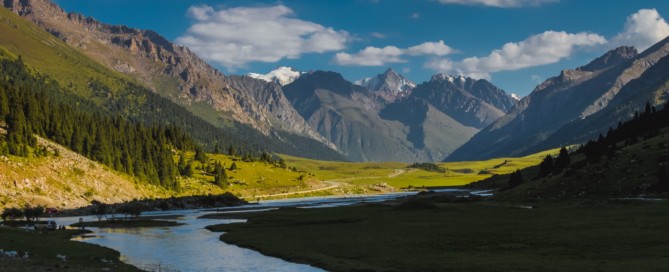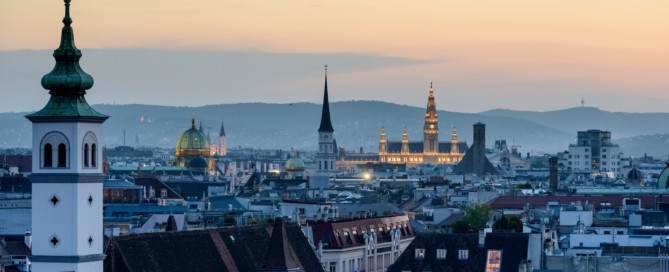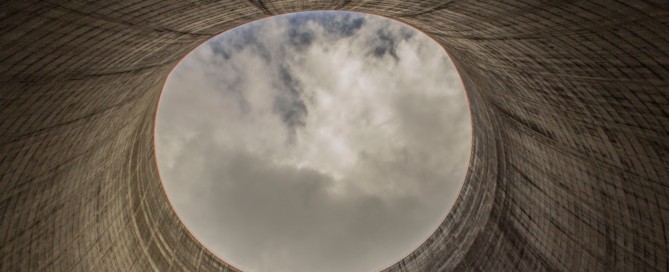Finland’s Energy Transition: IEA’s Perspective on the 2023 Policy Review
Last May, the International Energy Agency (IEA) published a review of Finland's current state of energy policies. Naturally, we at YES-Europe Finland were particularly interested in this and together we decided to condense the content of the report into a slightly smaller form, as well as highlight interesting observations and results from the IEA's review.









